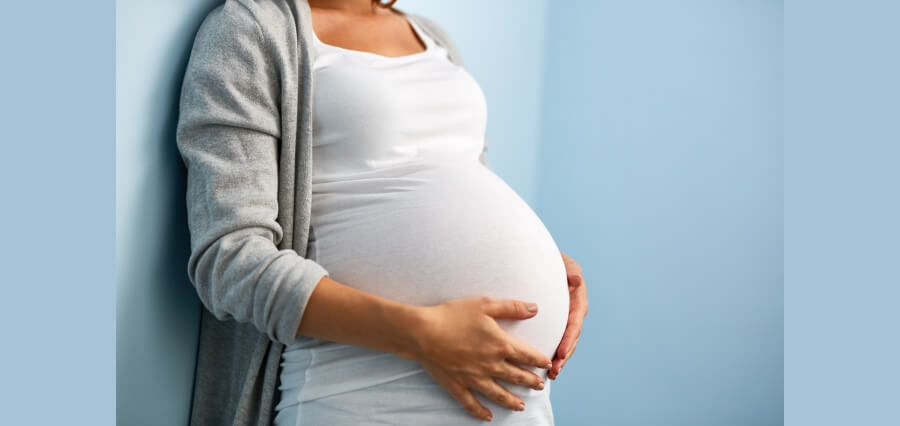Prime Highlight
- A study by Karolinska Institutet shows that healthy, full-term infants under three months are also at significant risk of severe RSV, requiring prolonged hospitalisation or intensive care.
- Starting September 10, 2025, all newborns in Sweden will be offered antibody therapy during RSV season to provide six months of protection.
Key Facts
- Researchers analysed data from 2.3 million children in Sweden (2001–2022) and found that infants with siblings, twins, or born in winter faced a 2–4x higher risk of complications.
- Previously, preventive treatments were limited to high-risk children, but new therapies now extend protection to all healthy infants.
Background
New research conducted by Karolinska Institutet, Sweden, demonstrates that severe respiratory syncytial virus (RSV) infections not only affect premature infants or children with underlying conditions. Healthy, full-term infants under three months old are also at significant risk of prolonged hospital stays or admission to intensive care.
Researchers analysed data from more than 2.3 million children born in Sweden between 2001 and 2022. They found that while children with underlying health conditions had the highest individual risk, the largest group needing intensive care were previously healthy and under three months old.
The research found that there are several risk factors that increase the risk of severe RSV illness. Babies born in winter, those with siblings aged 0-3 years, twins, and children with low birth weight faced a two- to fourfold higher risk of complications.
“To plan treatment strategies, it is important to recognise that even healthy infants can be severely affected by RSV,” said Giulia Dallagiacoma, the study’s first author.
Preventive treatment is now available. Starting September 10, 2025, all newborns in Sweden will be offered antibody therapy during the RSV season. The treatment works like a vaccine, providing protection for about six months. Vaccines for pregnant women are also available to help protect infants.
The study underscores the need to broaden protection beyond high-risk groups. “Previously, preventive treatments targeted only children with known health conditions,” said Samuel Rhedin, senior author. “Now, with improved medicines, even healthy infants can be protected during the RSV season.”
The findings aim to guide healthcare strategies and reduce hospitalisation for Europe’s youngest and most vulnerable children.





